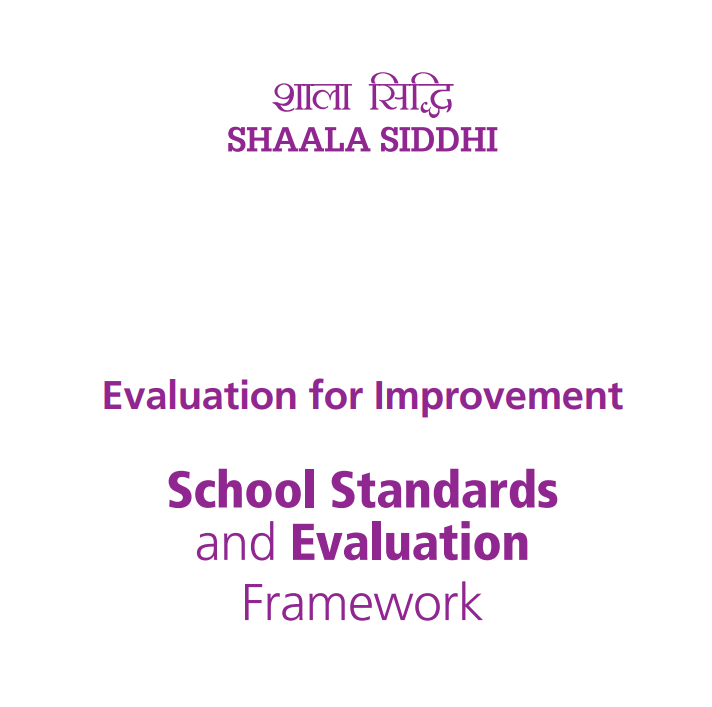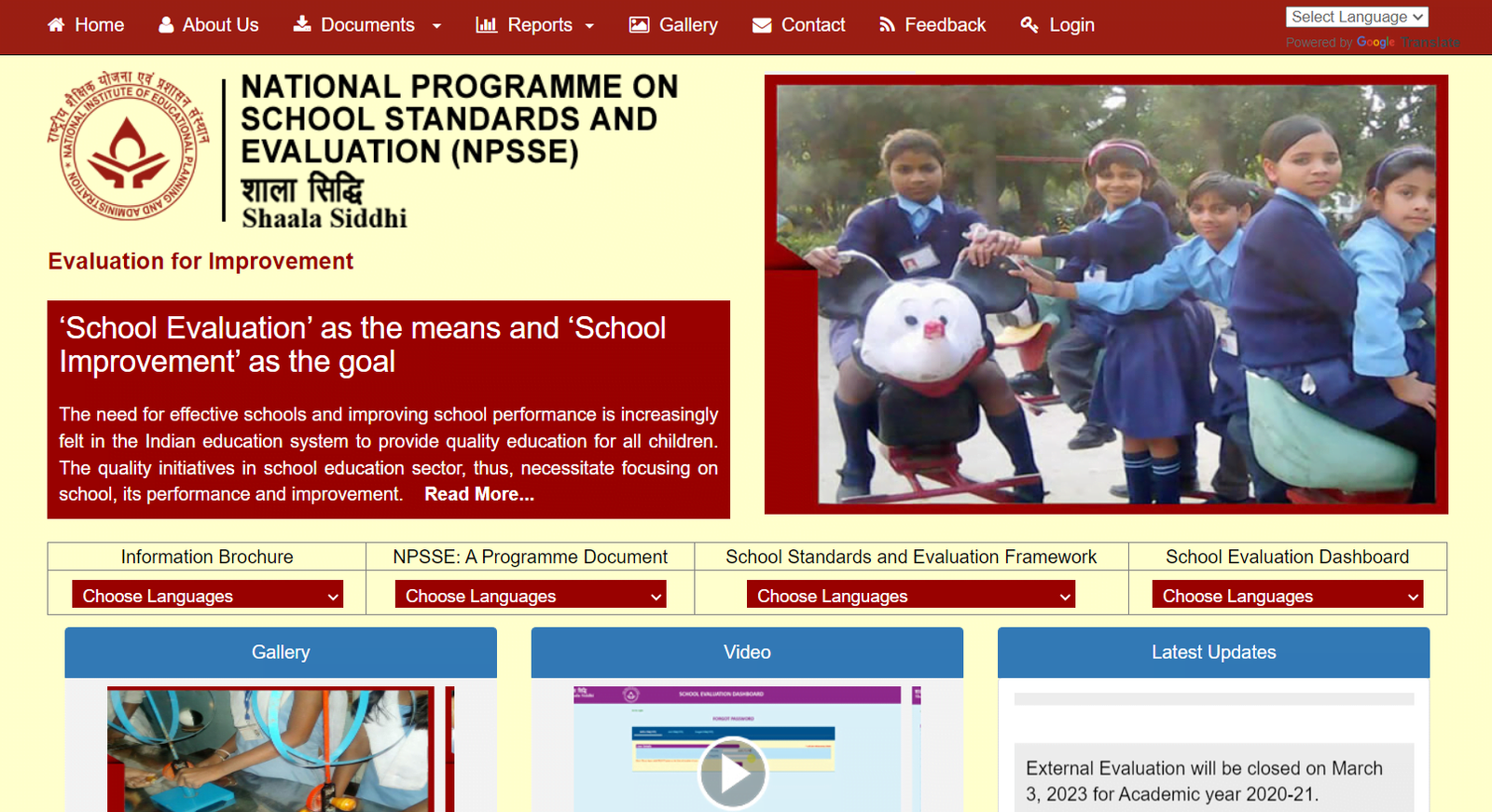About School Standards and Evaluation Framework?
The School Standards and Evaluation Framework (SSEF) is a structured framework used in the field of education to assess and measure the quality and performance of schools. It provides a set of standards, indicators, and guidelines to evaluate various aspects of a school’s functioning, with the primary aim of improving the quality of education and ensuring that schools meet established educational standards and objectives.
Key features of the School Standards and Evaluation Framework typically include:
- Standards: SSEF outlines a set of standards that define what is expected of a high-quality school. These standards cover various aspects of school functioning, including teaching and learning, infrastructure, governance, leadership, student development, community engagement, assessment and evaluation, inclusivity, and more.
- Indicators: Within each standard, there are specific indicators or criteria that help assess whether the standard is being met. These indicators provide more detailed guidance on what to look for in the evaluation process.
- Assessment and Evaluation: SSEF involves the assessment and evaluation of schools against these standards and indicators. This assessment can be carried out through self-assessment by the school itself or by external evaluators, such as educational authorities or accrediting bodies.
- Continuous Improvement: The framework often emphasizes the concept of continuous improvement. Schools use the results of the evaluation to identify areas for enhancement and develop action plans to make necessary improvements.
- Accountability: SSEF promotes accountability by ensuring that schools are held to specific educational standards. This accountability can help ensure that schools are meeting their educational objectives and responsibilities.
- Data-Driven Decision Making: Schools use data and evidence from the evaluation process to make informed decisions about improvements in teaching, infrastructure, management, and other areas.
- Inclusivity: Many SSEF frameworks include standards related to inclusivity and diversity, ensuring that schools provide equal educational opportunities for all students, regardless of their backgrounds or abilities.
- Community Engagement: SSEF often encourages schools to engage with the local community, parents, and other stakeholders in the educational process.
- Professional Development: Some frameworks include standards related to the professional development of teachers and staff to ensure that they are equipped with the necessary skills and knowledge to deliver quality education.
It’s important to note that the specific components and standards within SSEF can vary from one educational system or region to another. These frameworks are typically designed to align with the educational goals and priorities of the respective authorities. The ultimate goal of SSEF is to promote continuous improvement in education and ensure that schools meet the prescribed standards and expectations.






https://clck.ru/34acb5